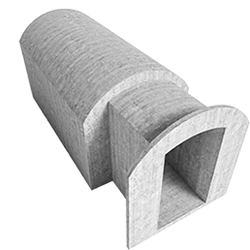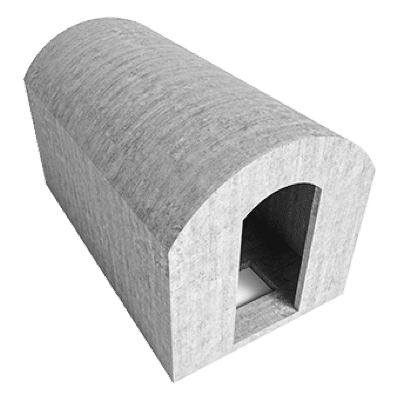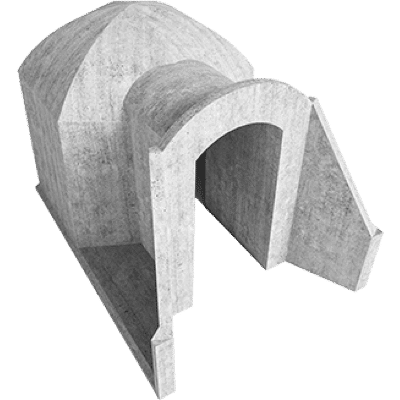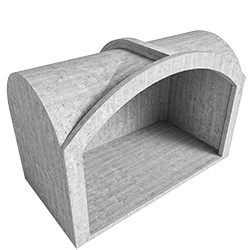A well-planned root cellar is not just a storage space – it’s a natural refrigerator that allows you to preserve food without using energy. But what can you store there, how should you do it and for how long?
Thanks to its cool, stable temperature and humidity level, a root cellar is an ideal place for storing a variety of foods. A well-ventilated cellar helps prevent mold and spoilage, allowing you to enjoy fresh garden and field produce all year round.
What can you store in a cellar?
A cellar is great for storing:
- Root vegetables like celeriac, carrots, beets and parsnips in boxes of sand. This keeps them crisp and juicy until spring.
- Potatoes, ideally kept in crates or open bags, at 4–6 °C (39–43 °F) and in the dark to prevent sprouting and greening.
- Cabbage and rutabaga, either loose on shelves or in boxes, avoiding excess moisture.
- Apples and pears, if stored in single layers, separated with paper to reduce bruising and spoilage.
- Onions and garlic, in a dry, well-ventilated spot.
- Jams, juices and preserves, stored away from direct light.
Can potatoes and apples be stored side by side?
Caution is needed here. Apples release ethylene gas as they ripen, which speeds up the ripening and rotting of other fruits and vegetables. For potatoes, this means faster sprouting. Therefore, it’s not recommended to store apples and potatoes together. If possible, place them in separate sections or even in different rooms.

How long can different foods be stored in the cellar?
| Food Item | Storage Duration | Storage Conditions |
|---|---|---|
| Potatoes | 4–6 months | Dark, 4–6 °C, good ventilation |
| Carrots, beets | 5–6 months | In sand, 0–2 °C |
| Onions, garlic | 4–7 months | Dry, good air circulation |
| Apples (winter varieties) | 3–5 months | Cool (0–4 °C), spread out individually |
| Cabbage, rutabaga | 3–4 months | Cool and moderately humid |
| Jams and preserves | 1–2 years | Dry and dark |
Tips for successful storage
- Regularly check the cellar’s temperature and humidity.
- Ensure good ventilation – fresh air helps prevent mold.
- Sort through produce often. One spoiled item can affect the entire batch.
- Don’t store vegetables too tightly – air circulation is important.
- Label everything – dates help you keep track and use older items first.
A root cellar is a timeless and valuable helper that allows you to extend the life of homegrown produce. With proper storage, you can still enjoy your own potatoes and carrots well into early spring.
Store wisely and live in harmony with nature!




